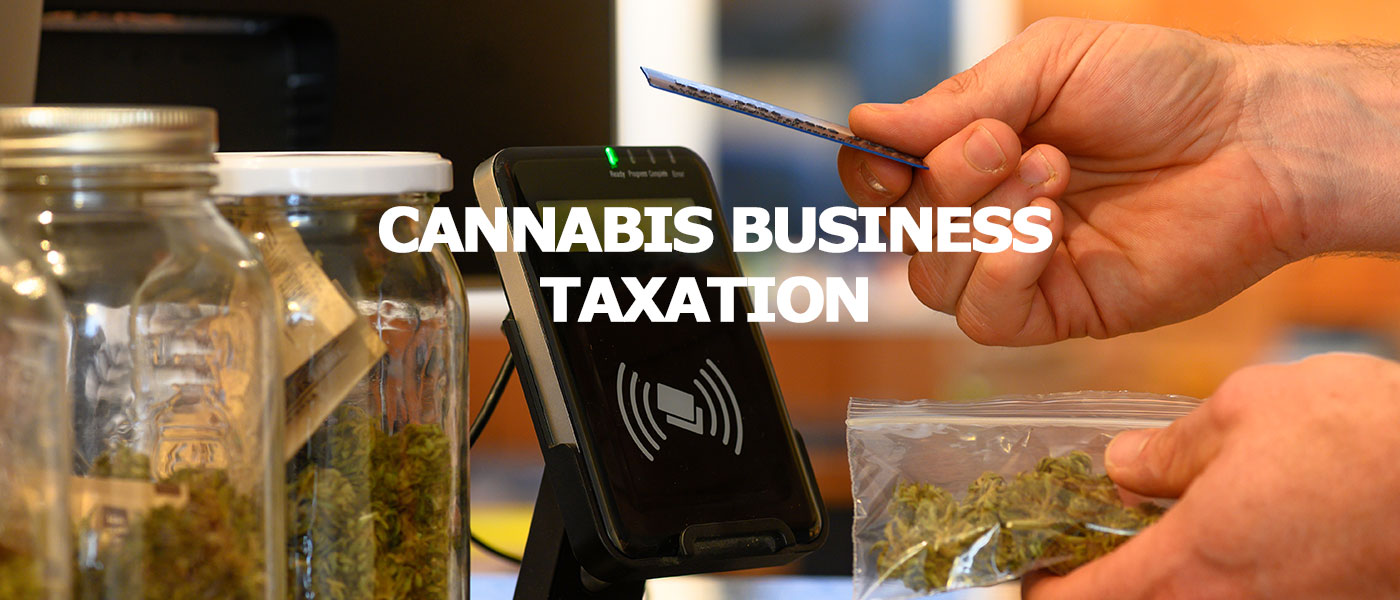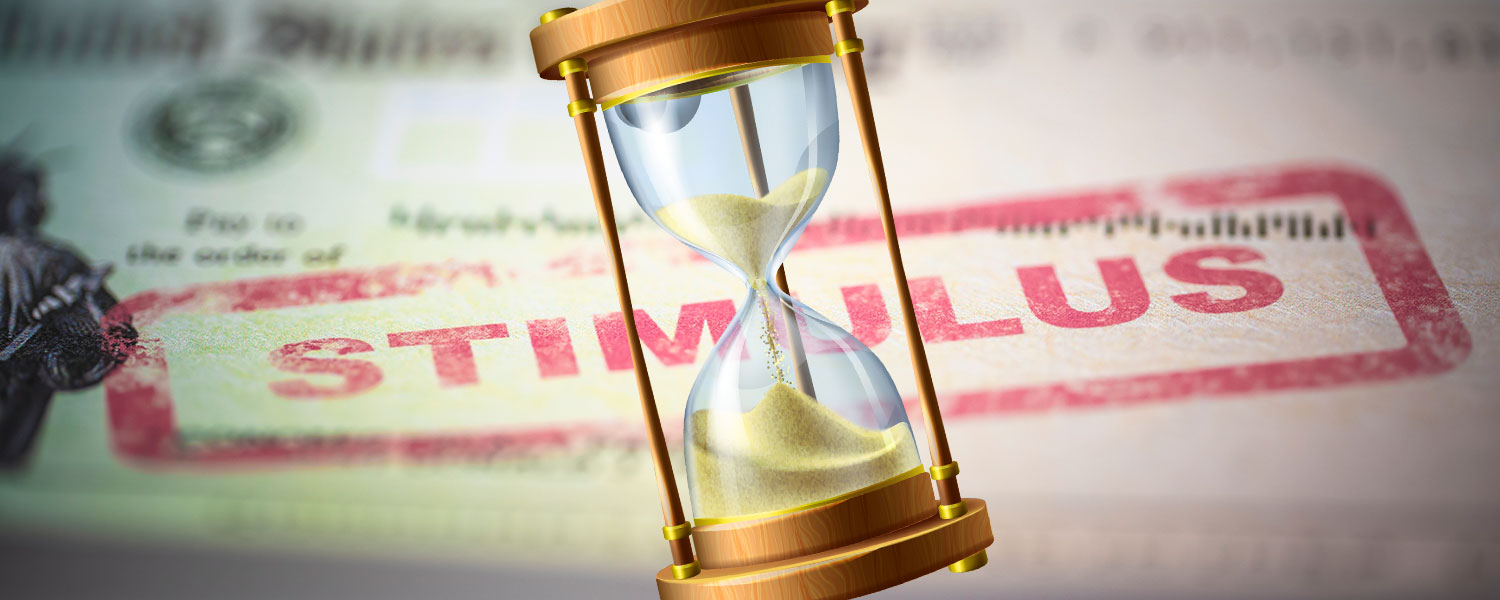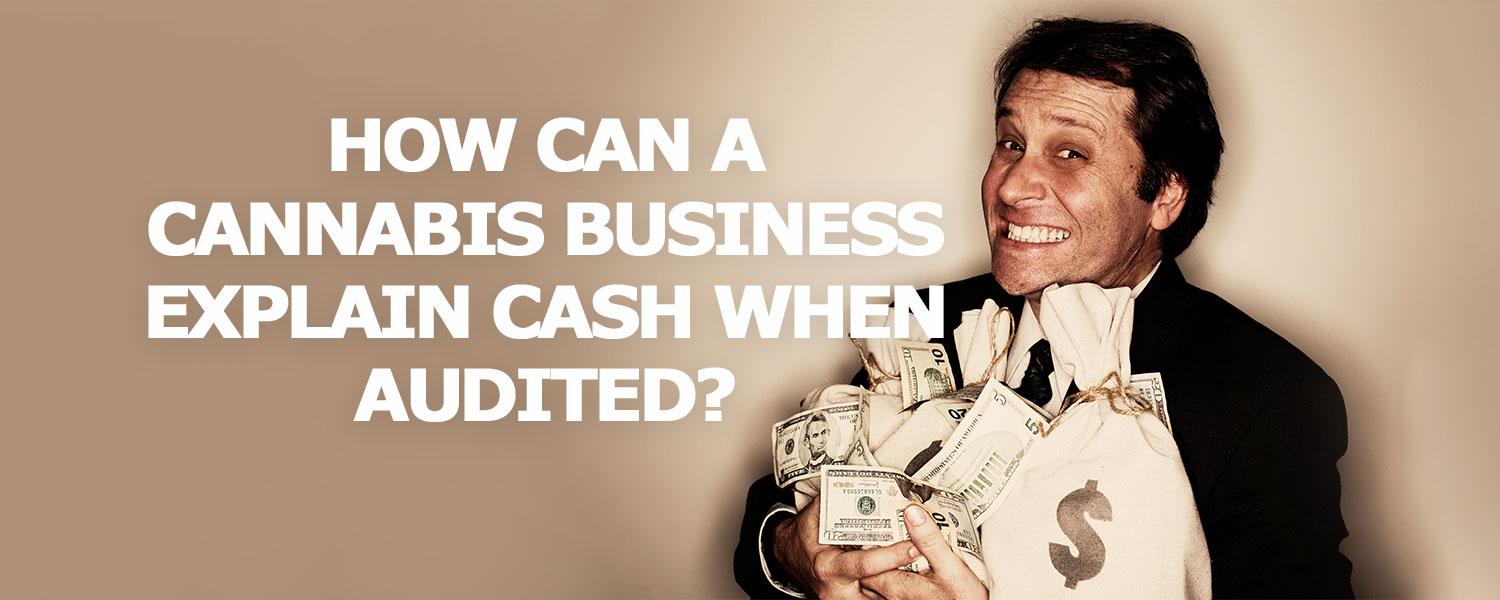How COVID-19 And Underfunding Impacts IRS Operations And Increases Tax Problems For Taxpayers.
How COVID-19 And Underfunding Impacts IRS Operations And Increases Tax Problems For Taxpayers.
As required by law, once a year the Taxpayer Advocate’s Office (an independent Federal government department that monitors the Internal Revenue Service) must send a report to Congress describing challenges the IRS is facing, problems experienced by taxpayers in dealing with the IRS and recommendations to resolve these problems.
On January 13, 2021, National Taxpayer Advocate Chief Erin M. Collins released her 2020 Annual Report to Congress focusing on the unprecedented challenges taxpayers faced in filing their tax returns and receiving refunds and stimulus payments during a year consumed by the COVID-19 pandemic. The report also finds that the underfunding of the IRS over the last decade has resulted in the IRS still using antiquated technology and inadequate staffing levels to meet taxpayers’ needs.
Ms. Olson also released the fourth edition of the National Taxpayer Advocate’s “Purple Book” which presents 66 legislative recommendations designed to strengthen taxpayer rights and improve tax administration.
Impact of COVID-19 on tax administration
Ms. Olson cited in her report that: “During 2020, the COVID-19 pandemic affected almost all facets of our lives, and U.S. tax administration was no exception. Taxpayers could not meet in person with their tax return preparers. IRS personnel who open and process tax returns and answer the toll-free telephone lines had to follow social distancing guidelines and stay-at-home orders, limiting their ability to assist taxpayers. And Congress assigned the IRS the task of issuing two rounds of stimulus payments, stretching its resources even further.”
- Unprocessed Returns: As of November 24, 2020, the IRS indicated there were still 7.1 million unprocessed individual returns and 2.3 million unprocessed business returns, and that some unprocessed returns dated back to April 15, 2020.
- Missing Or Inaccurate Economic Impact Payments (“EIP”): In accordance with the Coronavirus Aid, Relief, and Economic Security (CARES) Act, the IRS issued more than 160 million EIPs. However, millions of eligible individuals did not receive some or all of the EIPs for which they were eligible despite a statutory directive that the IRS issue the payments “as rapidly as possible.”
- Late Notices: During 2020, taxpayers were sent more than 20 million notices bearing dates that had passed and, in many cases, response or payment deadlines that also had passed.
An Opportunity For Taxpayers Who Owe The IRS.
Do not think that if you owe the IRS your tax problem will disappear because the IRS is under challenges from COVID-19 or from underfunding. Instead you should be utilizing this valuable time to get yourself prepared so that when IRS is resuming action against you, you are ready to make the best offer or proposal to take control of your outstanding tax debts.
As a prerequisite to any proposal to the IRS, you must be in current compliance. That means if you have any outstanding income tax returns, they must be completed and submitted to IRS. Also, if you are required to make estimated tax payments, you must be current in making those payments. Fortunately, as we are now in 2021, taxpayers who expect to owe for 2020 should have their 2020 income tax returns done now so that the 2020 liability can be rolled over into any proposal and the requirement to make estimated tax payments will now start for 2021.
Remember that COVID-19 does not terminate the tax laws, so all taxpayers should continue to meet their tax obligations as normal. Individuals and businesses should keep filing their tax returns and making payments and deposits with the IRS, as they are required to do by law.
The take away from this – use the Federal government’s downtime to your advantage to prepare for the future.
What Should You Do?
You know that at the Law Offices Of Jeffrey B. Kahn, P.C. we are always thinking of ways that our clients can save on taxes. If you are selected for an audit, stand up to the IRS by getting representation. Tax problems are usually a serious matter and must be handled appropriately so it’s important to that you’ve hired the best lawyer for your particular situation. The tax attorneys at the Law Offices Of Jeffrey B. Kahn, P.C. located in Orange County (Irvine), Metropolitan Los Angeles (Long Beach and Ontario) and elsewhere in California are highly skilled in handling tax matters and can effectively represent at all levels with the IRS and State Tax Agencies including criminal tax investigations and attempted prosecutions, undisclosed foreign bank accounts and other foreign assets, and unreported foreign income. Also if you are involved in cannabis, check out what our cannabis tax attorneys can do for you. And if you are involved in crypto currency, check out what a bitcoin tax attorney can do for you.











 Follow
Follow Follow
Follow